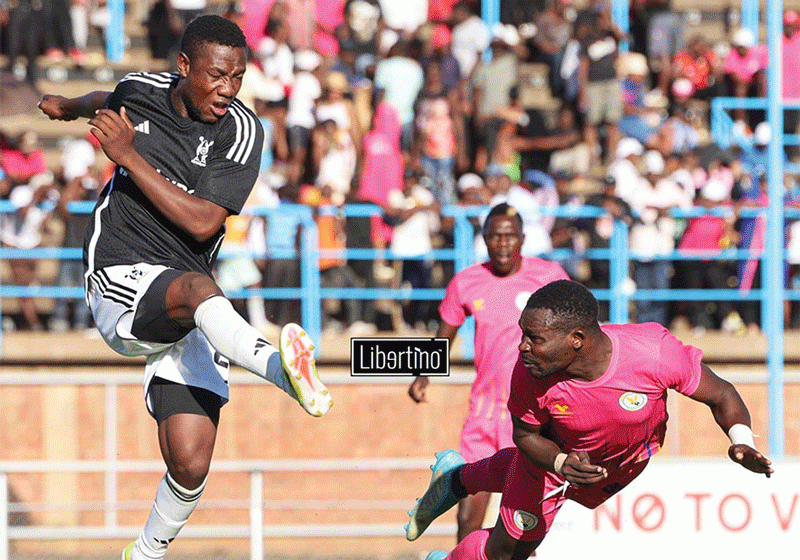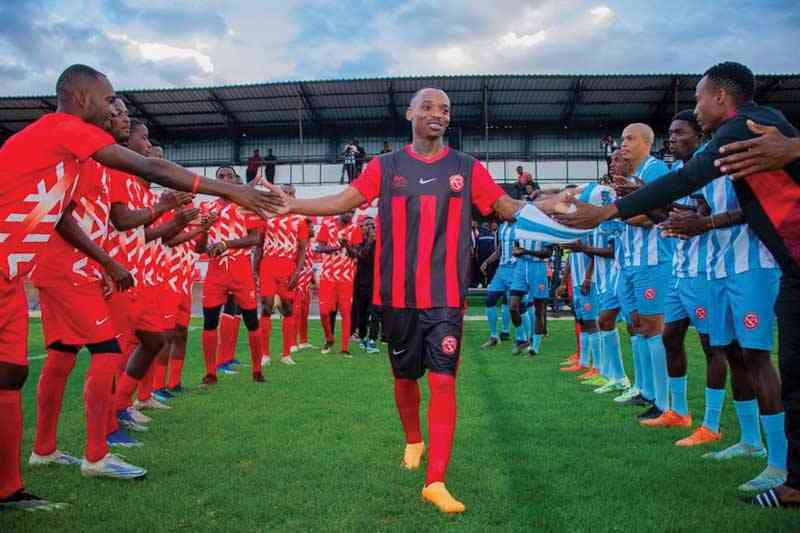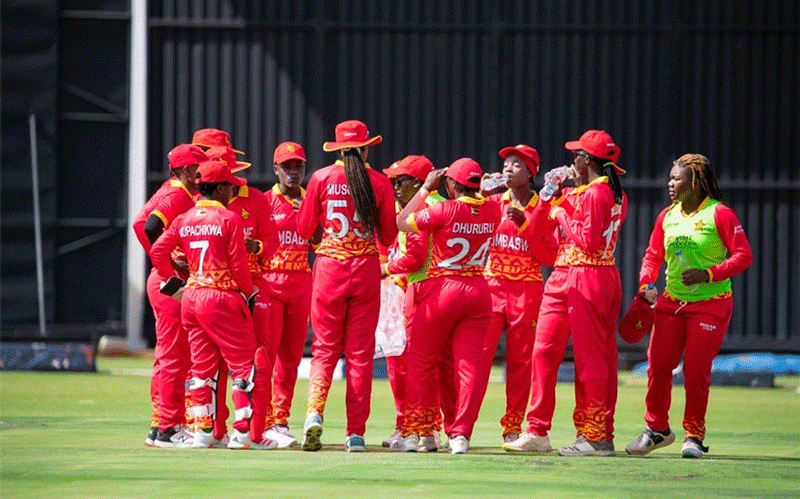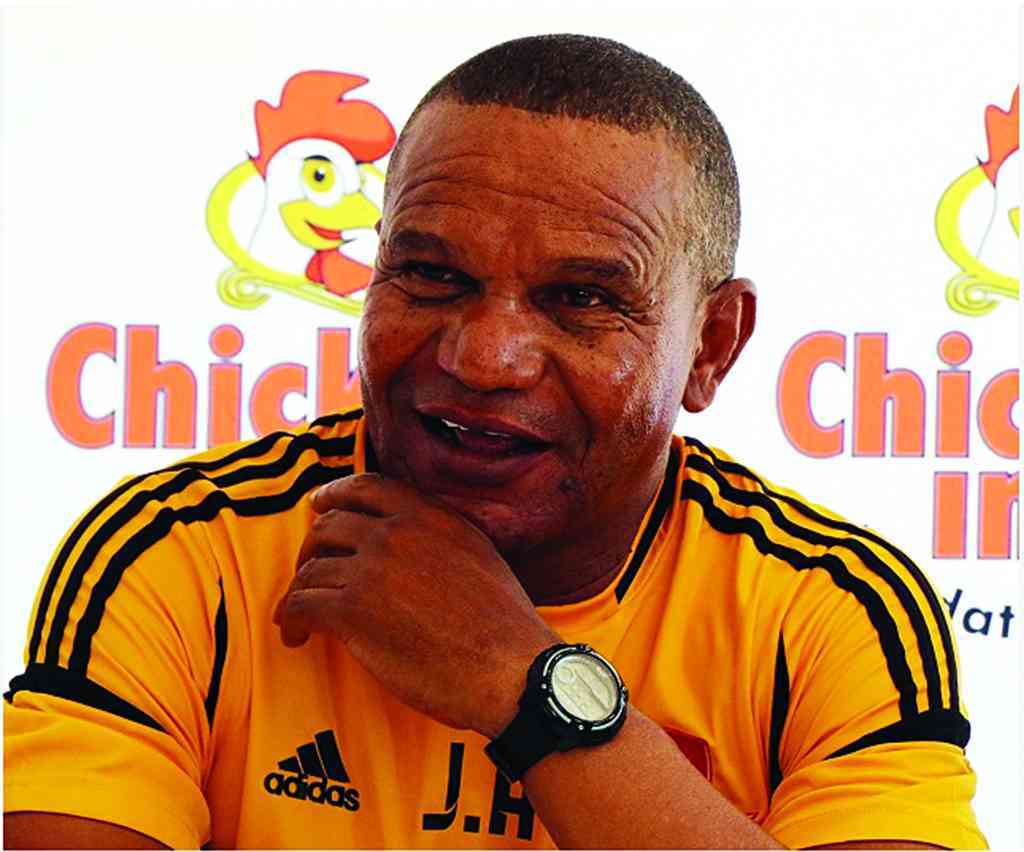
LONDON — Olympic organisers scrambled yesterday to quell a backlash over depressing TV images of half-empty stands at the London Olympics as a government minister said an urgent inquiry had been launched to identify just who had failed to show up and why.
Sports fans from all over Britain who had been charmed by the Olympic publicity offensive but let down by a complex ballot system for the 8,8 million tickets, have been outraged by footage of empty seats at key venues including Wimbledon, one of the hottest tickets in world tennis.
Chairman Sebastian Coe, who threatened to name and shame sponsors that did not fill their seats, said missing spectators were mostly officials from international sports federations, other Olympic officials, their families and friends.
“It doesn’t obviously appear to be a sponsorship issue at the moment,” Coe said, after Culture Minister Jeremy Hunt said he thought the vacant seats had belonged to sponsors.
Coe, a former Olympic gold medallist on the track, said that only eight percent of allocated tickets went to big corporate sponsors such as Visa and Coca-Cola and that 75% of tickets were in the hands of the public.
Sponsors P&G, Visa, McDonald’s and Coca-Cola have all issued statements reassuring officials, fans and athletes that their allocated tickets have been and will be used by winners of promotional contests, partners, customers and employees.
“All of our guests are incredibly excited to be able to be a part of London 2012 and we believe that usage levels of our tickets have been extremely high so far,” Coca-Cola said in a statement on Sunday.
Another storm may be looming over attendance figures for the Olympic Park, where more than 20 000 journalists are on duty for the Games but which park visitors have repeatedly described as “spacious”.
- Chamisa under fire over US$120K donation
- Mavhunga puts DeMbare into Chibuku quarterfinals
- Pension funds bet on Cabora Bassa oilfields
- Councils defy govt fire tender directive
Keep Reading
Media officials from the London organising committee (Locog) have been unable to answer repeated requests from Reuters since Saturday morning about the number of ticketholders who have entered the 2,5 square km park in east London housing the Olympic stadium, aquatics centre, velodrome and other venues.
Tickets for park entrance cost 10 pounds ($15,71) for adults and 5 pounds for those under 16 or over 60.
They give the holder the opportunity to stroll around, take in the street entertainment, watch live sports on the big screen on the rolling meadows in the centre of the park and, crucially, to buy on-the-spot recycled tickets for some of the events where there are empty seats.
The cycling road race and rowing events were filled on Saturday, Coe said, but added that other events such as basketball, gymnastics, swimming and tennis had seats going empty because they had been held open for officials like himself making short visits to venues or wrestling with busy schedules.
“There are tens of thousands of people at the moment within the accredited family (of sports officials and guests) who are trying to figure out what their day looks like,” Coe said.
He said London organisers were trying to fill spare seats by inviting local children and teachers to use spare tickets, selling more tickets, handing tickets to the military and upgrading other ticketholders. He said Locog sold 1 000 tickets on Saturday and put soldiers into seats at the gymnastics.
“I don’t think this is going to be an issue, certainly it’s not going to be an issue right through the Games,” he added.
But there was a loud public outcry on Sunday.
“As a Londoner with two kids desperate to take part we feel excluded and it is especially galling when you see all those empty seats,” said Sara Jourdan, a 42-year-old teacher. “We would love to be there.”
Organisers said they were already in touch with the International Olympic Committee to discover who failed to show up and why. A Games official said it was still unclear whether the empty seats in several events, including Wimbledon, swimming, gymnastics and basketball, had been allocated to sponsors, international federations and athletes’ families.
“We are trying to find out who these tickets belonged to,” said the official.
British Olympic Association Chairman Colin Moynihan told a briefing on Sunday one solution might be a 30-minute rule whereby fans would be allowed to take up vacant seats if spectators were late or did not arrive.
Moynihan said the search was on for those who had not taken up tickets. “Where you have large blocks of seats you can pretty quickly know,” Moynihan said.
More vacant seats were reported on Sunday. “We’ve got a few empty seats, so please shout twice as loud for those empty ones,” announcer Ian Oswald said at one men’s weight-lifting event.
Empty seats were reported at the women’s gymnastics, particularly close to the mat. Soldiers, apparently who had been on security duty, occupied some of the empty chairs.
Seats were also vacant at the eventing dressage despite the appearance of Zara Phillips, Queen Elizabeth’s grand-daughter, who is part of the British team.











